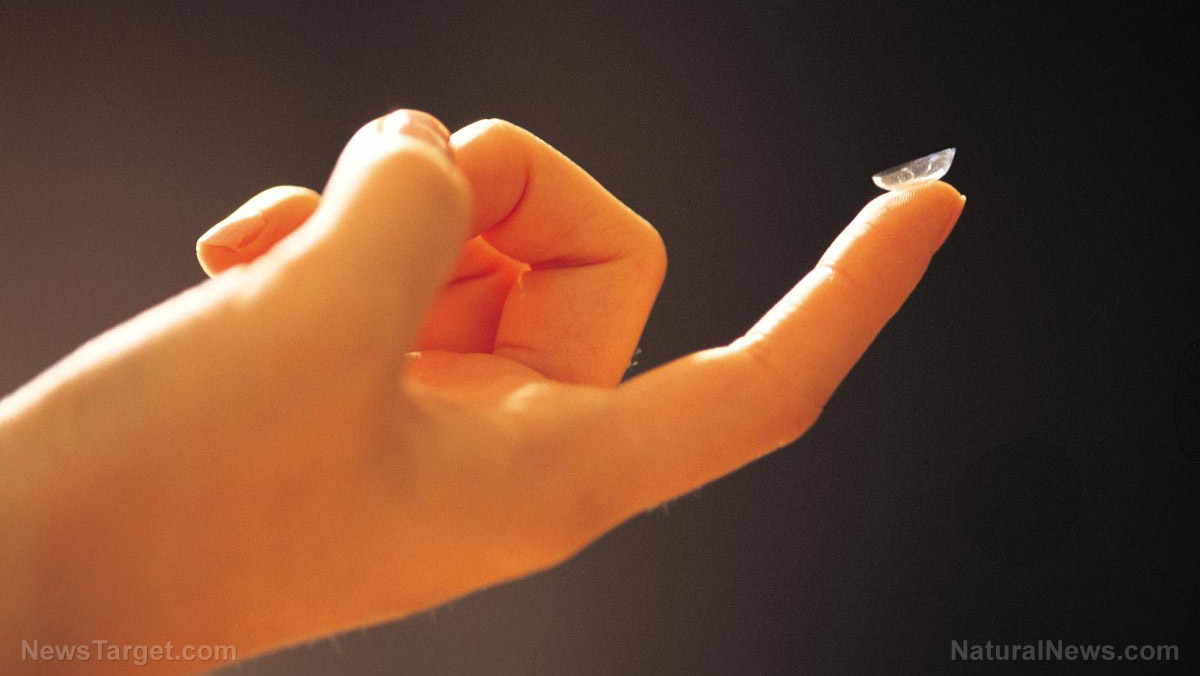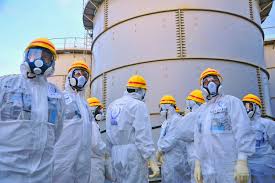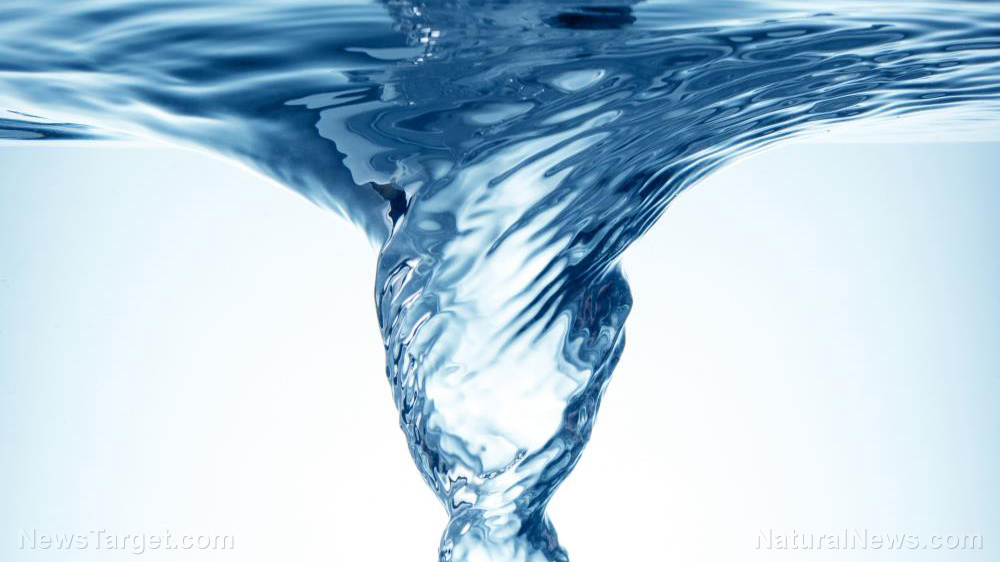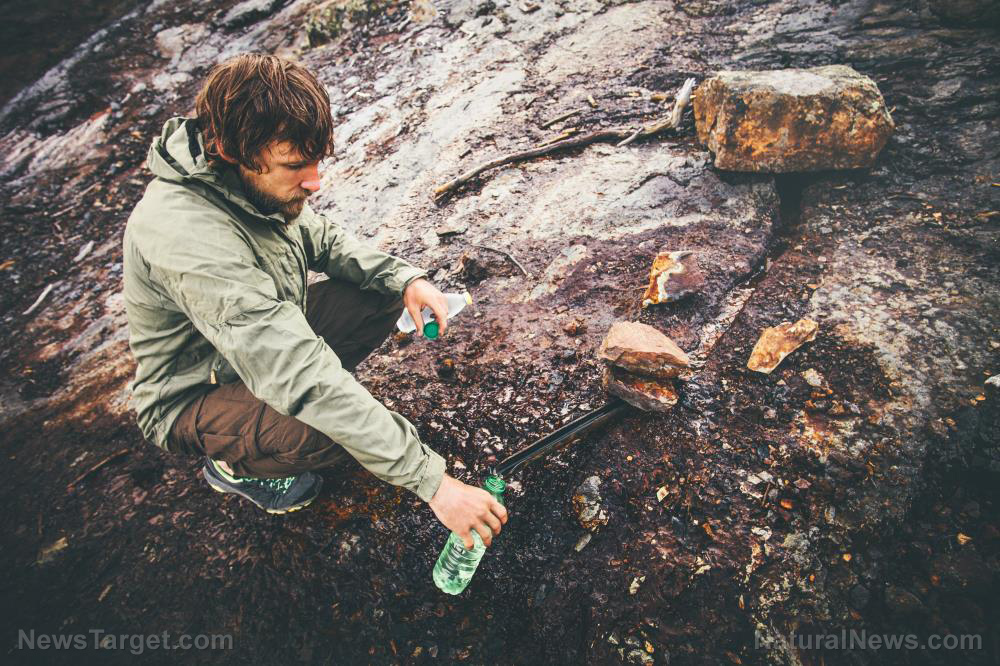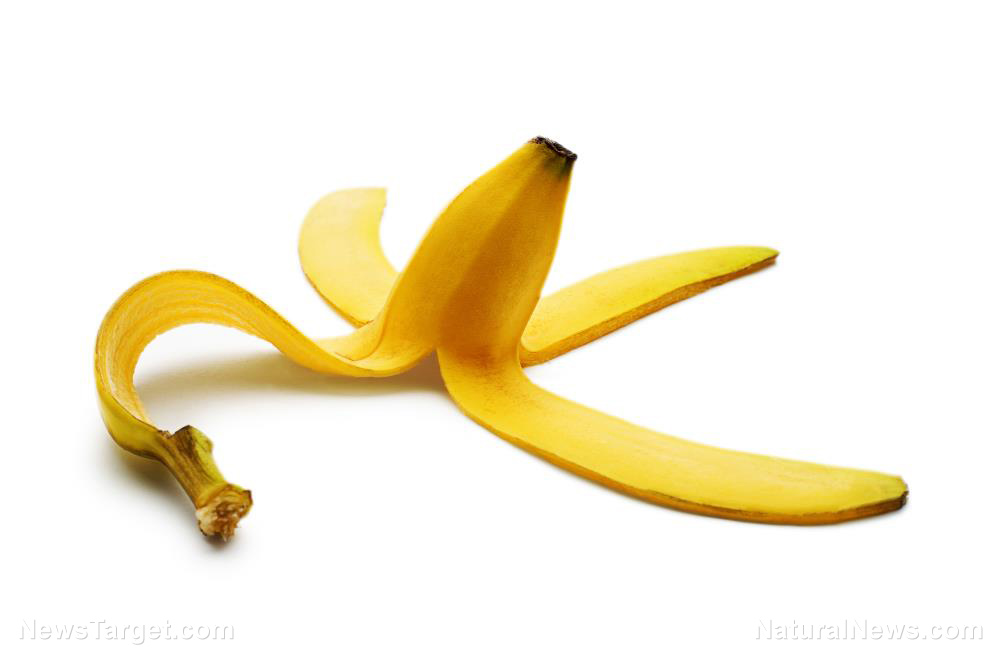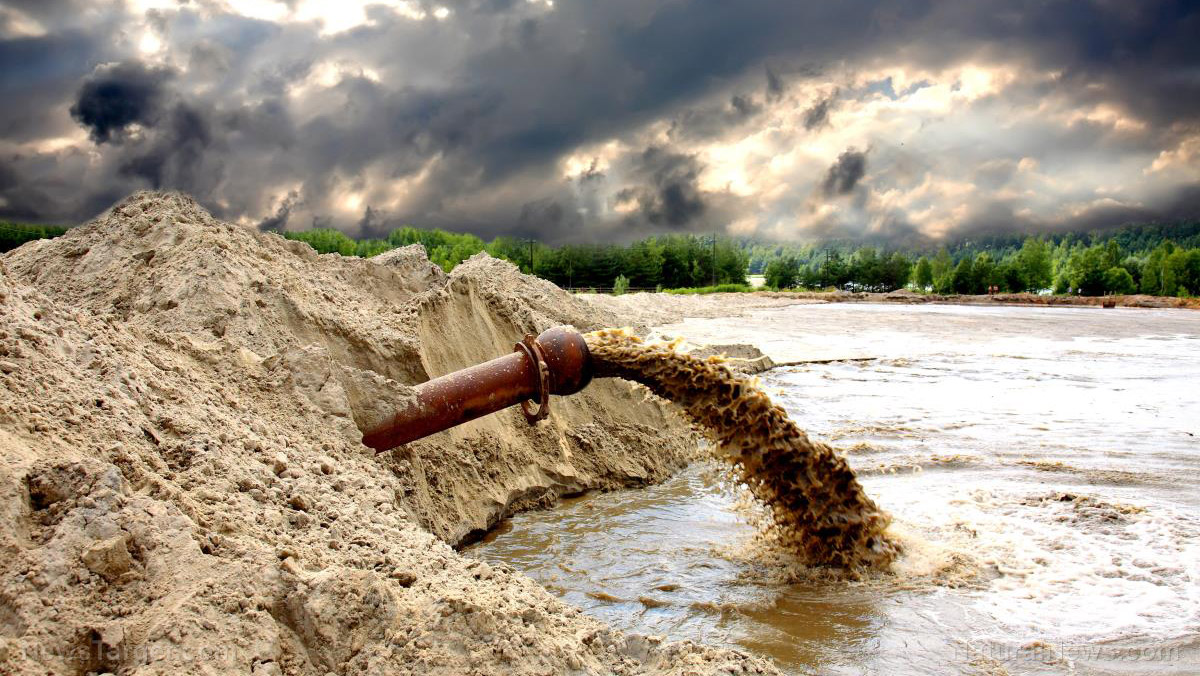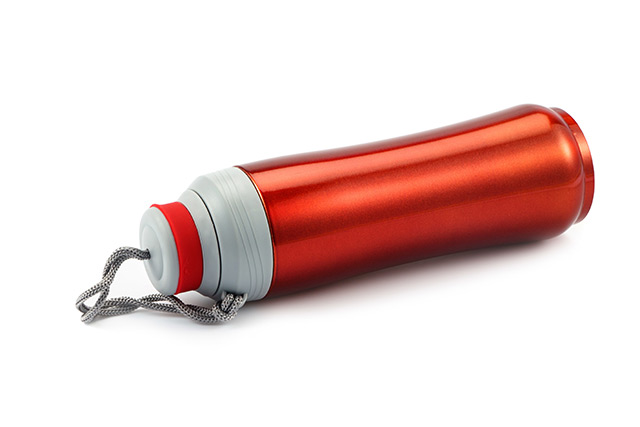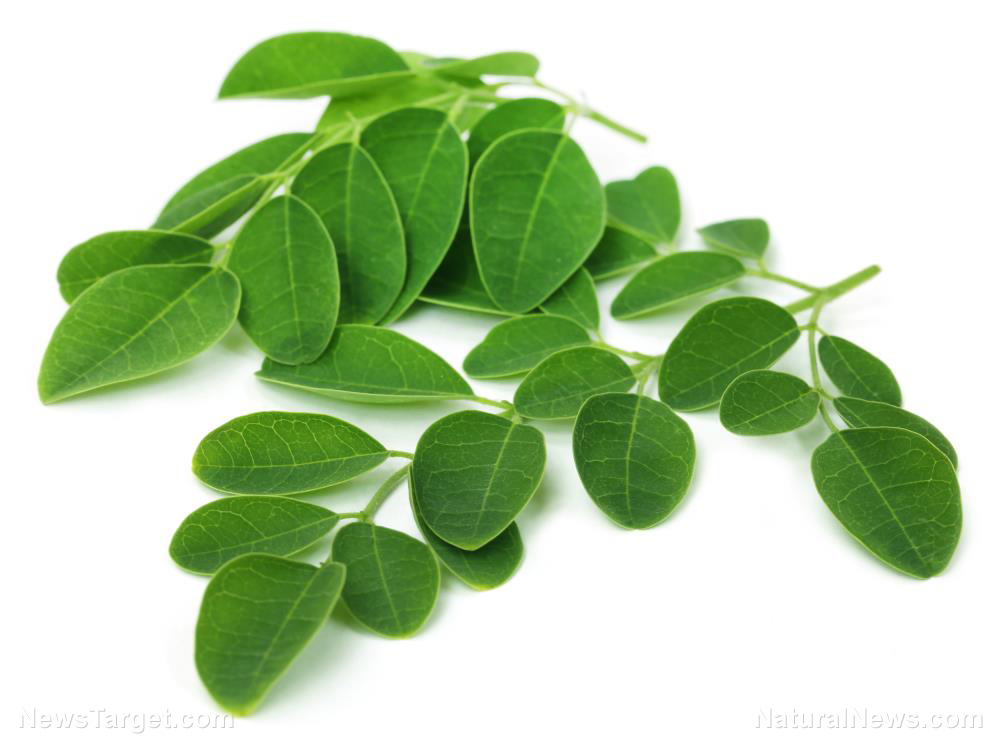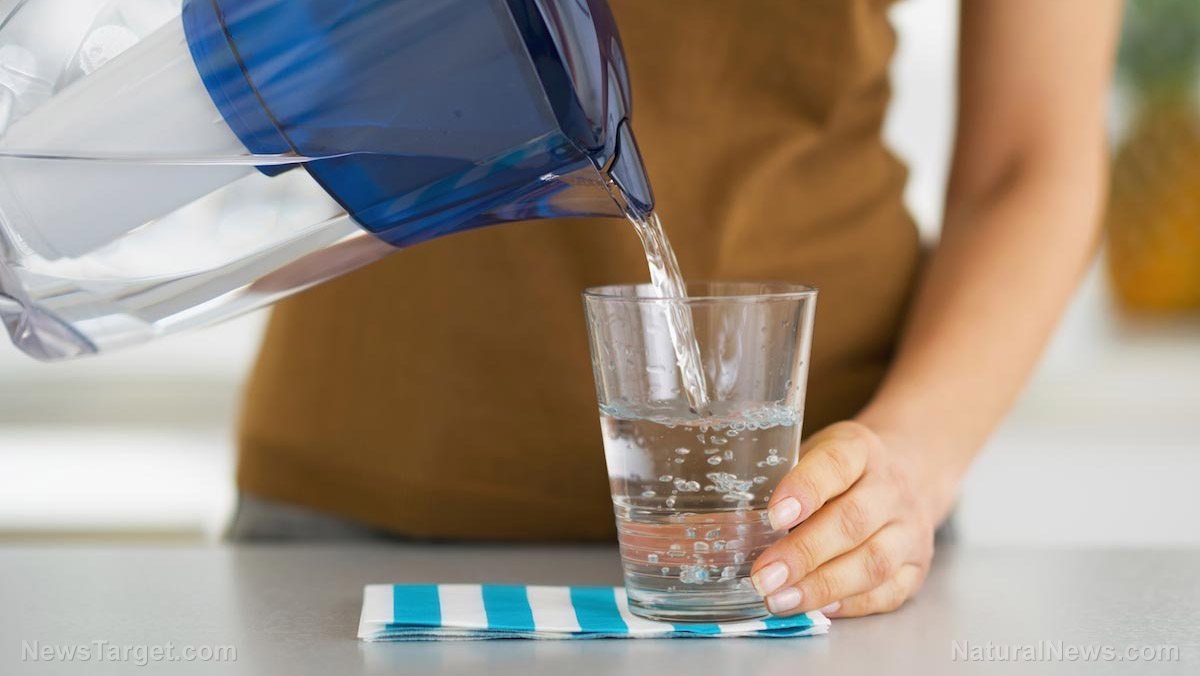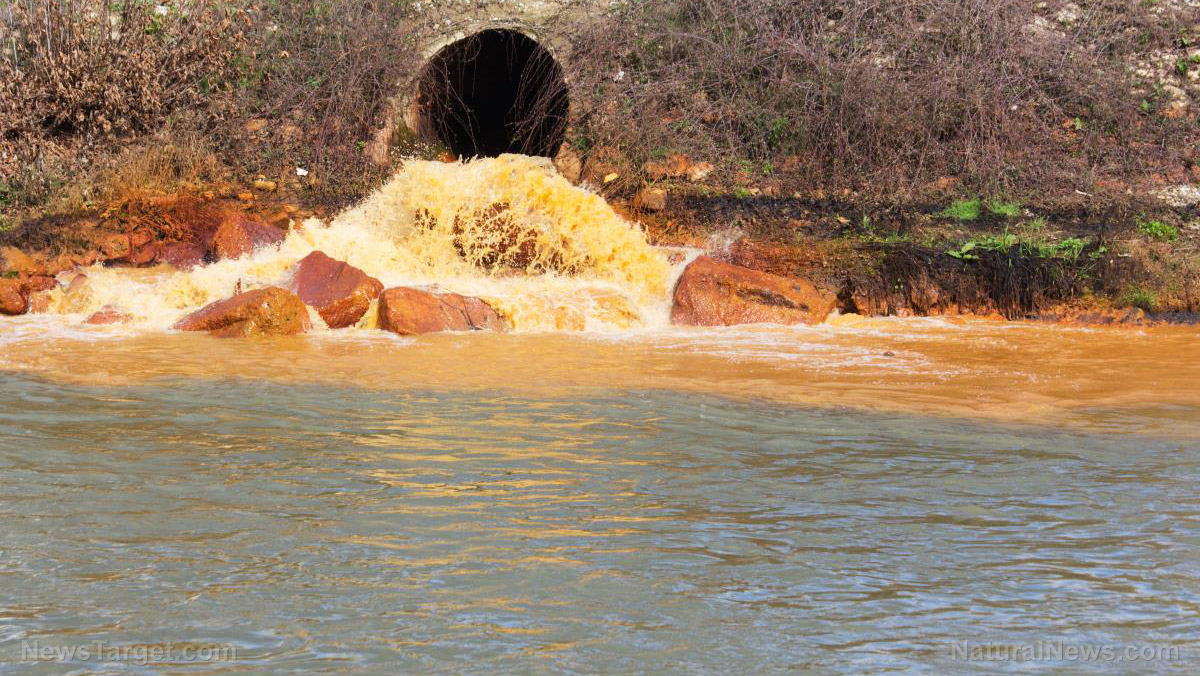Scientists create a cheap paper water filter that removes lead, arsenic and bacteria while being portable and disposable
03/29/2018 / By Ethan Huff

Hands down, the most important factor in maintaining public health is access to clean water, and scientist Liangjie Dong from the University of Hawaii has come up with a revolutionary new technology that stands to bring clean water to even the poorest and most remote regions of the world – all for just a few pennies a gallon.
It’s known as Mesopaper, and it basically looks like a grey-colored coffee filter of sorts that you simply place over the top of a water bottle or jar before pouring water through it. Mesopaper is capable of filtering out heavy metal toxins like lead, arsenic, and mercury, all while preserving important nutrients like calcium and magnesium that benefit health – and the best thing of all is that Mesopaper costs next to nothing to produce.
Dong first came up with the idea back in 2005 when he developed his first crude design of the technology, which involved the use of cartridges that had to be inserted into water in order to purify it. He first brought the technology to Bangladesh, where some 20 million people are exposed to arsenic in their drinking water, teaching the locals how to use the system to achieve maximum benefits.
This little experiment was a huge success, but there was just one problem: The first version of the technology wasn’t all that self-explanatory. In fact, after the trip was over, a local manager asked Dong if there was any way he could redesign the system to make it simpler for people to use without having to first receive instructions – and this is how the latest version of Mesopaper came to be.
Seven years after receiving this request, Dong successfully developed a brand new filter design that’s flat and only requires water to be passed directly through the filter in order to work. And once the filters reach their life capacity, they simply stop allowing water through, which is when you know it’s time for a replacement.
Mesopaper encapsulates toxins naturally so they don’t escape back into the ground upon disposal
Utilizing three simple layers of paper made from bamboo fiber, with clay-derived ceramic granules sandwiched in between each layer, Dong’s brilliant invention is about the simplest and cheapest way to produce clean, chemical-free water without the need for electricity, storage tanks, and other expensive equipment.
Mesopaper also contains nano-sized iron “needles” inside each filter pore that act as hooks to capture bacteria, viruses, and other pathogens. What’s truly remarkable about these iron particles is that they react with water to close themselves, locking pollutants inside so that they can’t escape. This means that when used up Mesopaper is thrown away, it doesn’t contaminate the ground or pollute groundwater.
While designed for smaller-scale use to filter one bottle at a time, Mesopaper technology has the capacity to be applied to large-scale projects as well, including at wastewater treatment plants. Using the same iron nano-particle technology, industrial Mesopaper could eliminate the creation of toxic sludge entirely, which could greatly enhance environmental protection in large cities.
Dong currently sells a six-pack of Mesopaper on Amazon for $6.99. Each nine-inch diameter sheet can filter about 22 liters, or about six gallons, of water before needing to be replaced, which translates to about 36 gallons of clean water for just $7. This comes out to just under 20 cents per gallon of clean water, which is about as cheap as it gets apart from maybe a whole-house water filtration system.
Currently, Mesopaper’s biggest market is in the United States, where people tend to buy it for stocking their emergency supply kits and “bug-out” bags, or for taking on camping trips. But Dong hopes to continue refining the technology to make it even cheaper for mass adoption in developing countries where it’s needed most.
See HeavyMetals.news for more breaking news on toxic elements, and WaterFilters.news for coverage of water filters.
Sources for this article include:
Tagged Under: Affordable, arsenic, clean water, developing countries, inexpensive, inventions, Liangjie Dong, mercury, Mesopaper, paper filter, safe water, water filters

